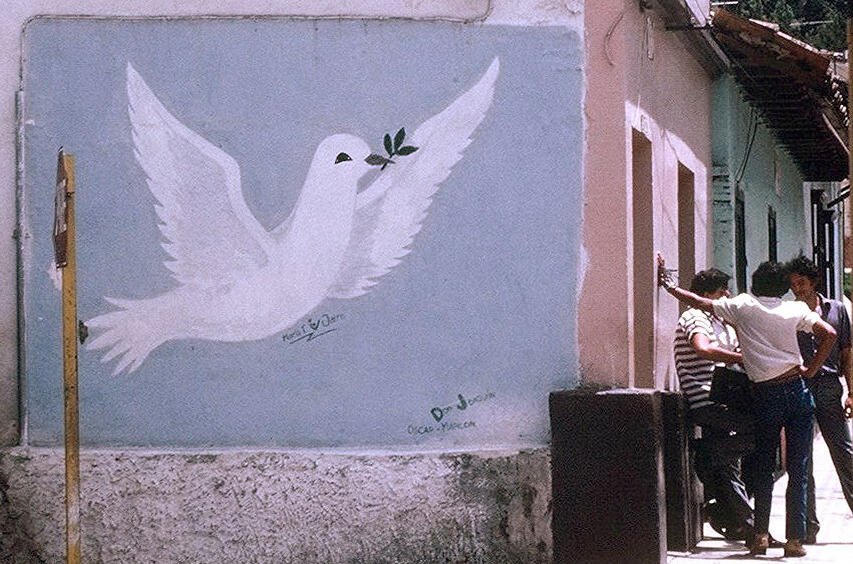USIP has convened and supported a series of meetings of civil society groups to facilitate the articulation of a peace agenda in Colombia.

Promoting Peace in Colombia: Ideas for the New Administration
On December 2, 2008, USIP hosted an off-the-record meeting of dozens of civil society leaders with the Consultancy for Human Rights and Displacement (CODHES) and Colombia Committee for Human Rights (CCHR). Representatives of Colombian and U.S. NGOs, U.S. governmental officials, academic institutions, churches, and think-tanks discussed the conflict situation in Colombia and opportunities for a new U.S. administration to support peace in that country. Numerous follow-up meetings among the civil society leaders and with their constituencies have occurred in Colombia and in Washington. These consultations resulted in a letter to President Barak Obama signed by more than 100 civil society leaders, including religious leaders, indigenous and Afro-Colombian leaders, heads of women’s organizations, academics, a former national peace commissioner, and members of the National Commission for Reparation and Reconciliation. The letter calls on U.S. policymakers to:
• Revisit their approach to Colombian drug policy,
• Help create the conditions for a peaceful and negotiated solution to Colombia’s internal armed conflict,
• Support the judicial branch and the rule of law,
• Give priority to human rights
• Enter into a mutually beneficial fair trade agreement.
In mid-April, coalition members attended the Summit of the Americas in Trinidad and Tobago, where they met with the presidents of Costa Rica and Uruguay, and the Foreign Ministers of Chile, Honduras, and Ecuador to explore how the international community might support a peace agenda in Colombia. Members of the coalition plan to return to Washington to present more developed policy recommendations to Administration officials this spring.




